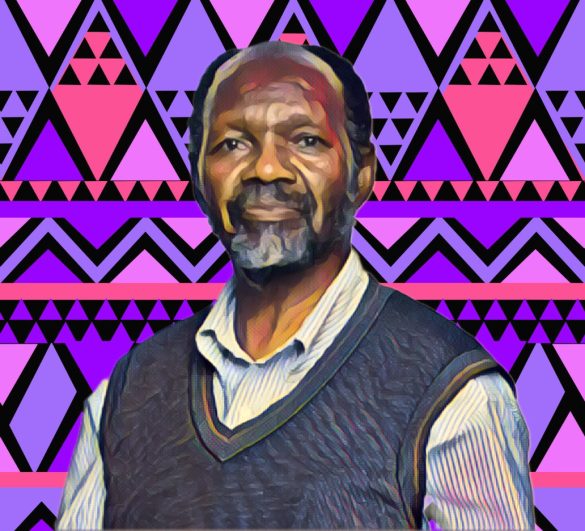KEY POINTS
-
Stayaway protests failed because of survival needs and a lack of organisation.
-
Masunungure calls for replicating the 2009–2013 Government of National Unity.
-
Zimbabwe remains fragile amid political, economic, and social uncertainties.
At the end of March, Zimbabweans stayed away from work and businesses, temporarily turning urban areas into ghost towns. University of Zimbabwe lecturer and political analyst Eldred Masunungure said citizens avoided street protests to prevent state confrontation.
Masunungure explained that citizens responded to Blessed “Bombshell” Geza’s call for protest by staying home instead of marching publicly.
Lack of organisation and survival needs weaken protest efforts
Masunungure said Geza’s call for an indefinite stayaway failed because it clashed with citizens’ daily survival and informal jobs. He emphasised that ordinary Zimbabweans, most dependent on vending, saw indefinite strikes as impractical and economically suicidal.
Masunungure noted that the absence of an organized political vehicle further crippled any meaningful protest momentum across Zimbabwe.
He explained that the so-called Geza movement was largely a solo effort and unsustainable without broader political structures. The professor highlighted Zimbabwe’s political orphanhood following the collapse of MDC and Citizens Coalition for Change (CCC).
A national unity government proposed to end systemic fragility
According to NewZimbabwe, Masunungure described Zimbabwe’s fragility, citing a broken economy, decaying social order, fragile politics, and widespread corruption.
He suggested that Zimbabwe urgently replicate the 2009–2013 Government of National Unity to revive national stability and governance.
The analyst doubted the feasibility of a GNU under a de facto one-party regime and a weakened civil society sector. He said the combined effect of the PVO Amendment Act and foreign aid cuts crippled civil society’s influence.
Masunungure hoped that progressive church leadership could drive national dialogue toward a unity government solution.
He concluded that Zimbabwe faces prolonged uncertainty, confusion, and possible chaos without urgent systemic reforms and regional support.


